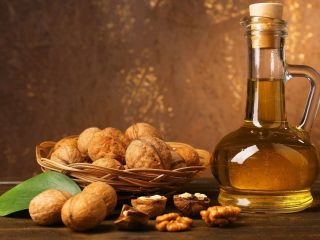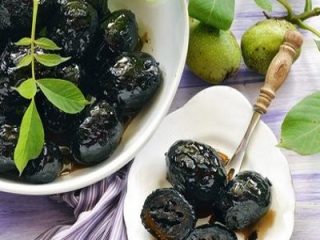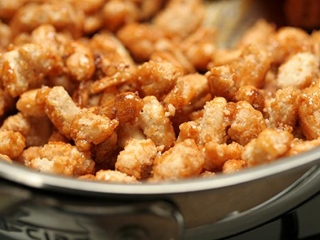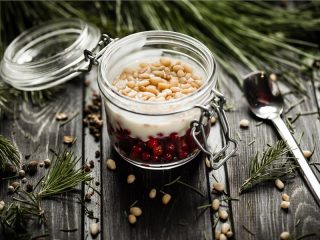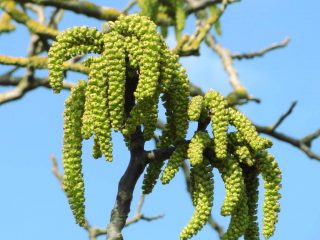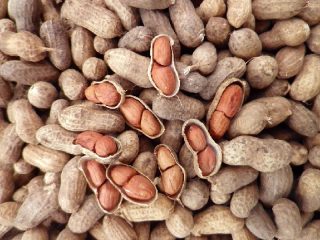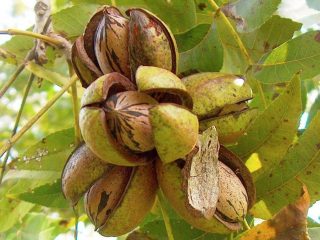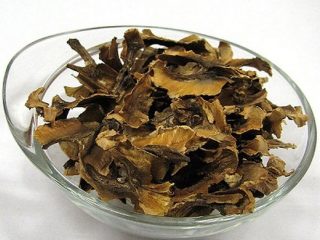Content
- 1 Is it possible for nursing mothers to have sunflower seeds?
- 2 What are the benefits of sunflower seeds during breastfeeding?
- 3 Harm of sunflower seeds during breastfeeding
- 4 Contraindications to sunflower seeds for breastfeeding
- 5 Rules for using sunflower seeds during breastfeeding
- 6 Useful tips
- 7 Conclusion
Sunflower seeds during breastfeeding may seem like a good addition to a young mother's diet. They are rich in many valuable elements. In addition, eating them in the traditional Russian manner is akin to oriental meditation and calms the nerves well. But excessive use can lead to problems for the mother or child.
Is it possible for nursing mothers to have sunflower seeds?
As with most foods, it's ok in moderation. The only question is in what form you should consume sunflower seeds. There are certain disagreements here. There is an opinion that you need to eat raw kernels. You just need to dry them to make it easier to remove the husks. In this form, the seeds retain the maximum of nutrients. Roasted sunflower seeds do not harm during breastfeeding, but there is no benefit from them either. 90% of the elements necessary for breastfeeding are destroyed during heat treatment.
Another opinion is that it all depends on the personal preferences of the breastfeeding woman. Some people like raw seeds, while others prefer roasted ones.
But it should be noted that the latter have one significant drawback: over time, they develop a characteristic taste of rancid sunflower oil. Raw ones have one minus: it’s harder to peel the husks. And even then not for all varieties. There are also those that clean equally well in any condition.
What are the benefits of sunflower seeds during breastfeeding?
Young mothers who like to relax with seeds will be pleased with the fact that this product stimulates milk production. Seed kernels contain:
- calcium, which compensates the mother for the loss of this element during breastfeeding;
- potassium, which improves the functioning of the heart muscle;
- vitamin D, which is actually not particularly required in this case (it is produced naturally in the body during long walks in the fresh air);
- vitamin A, which is an antioxidant;
- a large amount of vegetable protein, which, although it does not completely replace animal protein, also serves as material for building muscle tissue;
- amino acids.
The sunflower oil contained in the seeds helps improve digestion and prevents constipation in the mother. The effect of seeds on the gastrointestinal tract of a baby during breastfeeding is minimal.
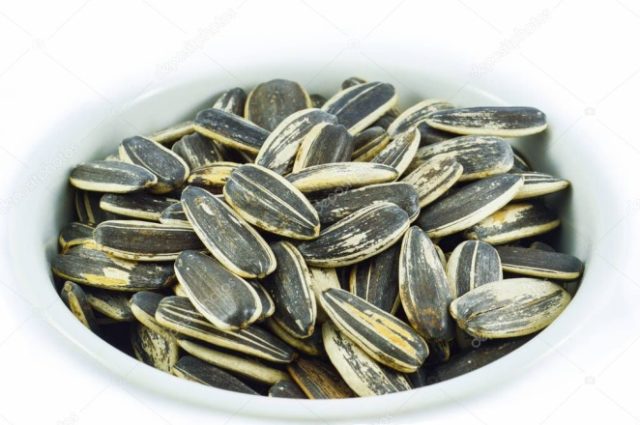
This variety has a thick shell, making it easier to peel the seeds when eating raw kernels
Another unobvious advantage of eating seeds while breastfeeding is the ability to quit smoking. The nicotine and tar contained in cigarettes are definitely harmful to children. But you can replace smoking by eating sunflower seeds.
Harm of sunflower seeds during breastfeeding
But seeds can not only increase the amount of milk during breastfeeding. If you consume them in large quantities, you can harm your health and your child. Often this is not direct harm: if you eat it, you get a problem. Sometimes the consequences may be delayed over time.
The following will quickly appear:
- constipation;
- colic;
- allergy.
Not the mother, but the child. But babies can be allergic to anything. If a baby develops a skin rash, you should consult a doctor and exclude all potential allergens from the mother's diet. Immediate consequences can also include the appearance of bad breath. In terms of quality, it is almost as good as the one that occurs after smoking a cigarette.
Late and unobvious results include excess weight and damaged teeth. Seeds are very high in calories, and if you do not monitor their quantity, you can easily gain additional pounds. If a mother is watching her weight, she should take this into account when calculating her daily diet.
Teeth deteriorate due to the fact that the husk scratches the enamel. Day after day, seed after seed, and now the tooth has worn down to the dentin. And then cariogenic bacteria come into play.
Contraindications to sunflower seeds for breastfeeding
The main contraindications are based on the harmful effects of seeds during breastfeeding. That is, if a child has constipation, colic or allergies, it is better to avoid this product. However, the same applies to the mother.
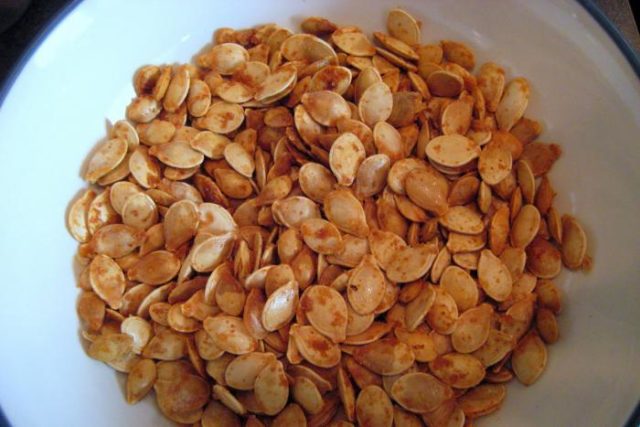
Pumpkin seeds are better than sunflower seeds when breastfeeding
Rules for using sunflower seeds during breastfeeding
The main rule is not to overeat. Sunflower kernels can be used as a snack between meals. They are a good appetite suppressant.But due to their high calorie content, they can also be considered a complete meal. When breastfeeding, it is better not to get carried away with seeds. To obtain a daily dose of the necessary elements, only 100 g of purified kernels is enough.
When breastfeeding, seeds should be introduced into the diet carefully. You need to start with 20 g per day and observe the baby’s reaction. If any problems arise, you need to give up this “snack”. If everything is fine with the baby, the norm is gradually increased. At the same time, you need to continue to monitor the child’s reaction.
Useful tips
If preference is given to fried seeds, it is better to cook them yourself. Already prepared in packages, they are usually treated with preservatives. There is nothing terrible about this, but the baby hardly needs additional risks.
For self-preparation, the selected seeds are washed with water and dried on a towel. For frying, it is better to take a cast iron frying pan and heat it over a fire.
The seeds are scattered in an even layer and fried, stirring constantly. Cooking time depends on the number of seeds. The main task is to prevent them from burning and at the same time dry them evenly. The degree of roasting is checked by taste. It is better to remove the pan from the heat shortly before it is fully cooked. This will allow the seeds to “get ready” during the cooling process.
Conclusion
During breastfeeding, sunflower seeds can be consumed both raw and fried. But doctors recommend dried raw ones. More useful substances are stored in such kernels. However, if you listen to the recommendations of doctors, then there are more benefits from pumpkin seeds.
